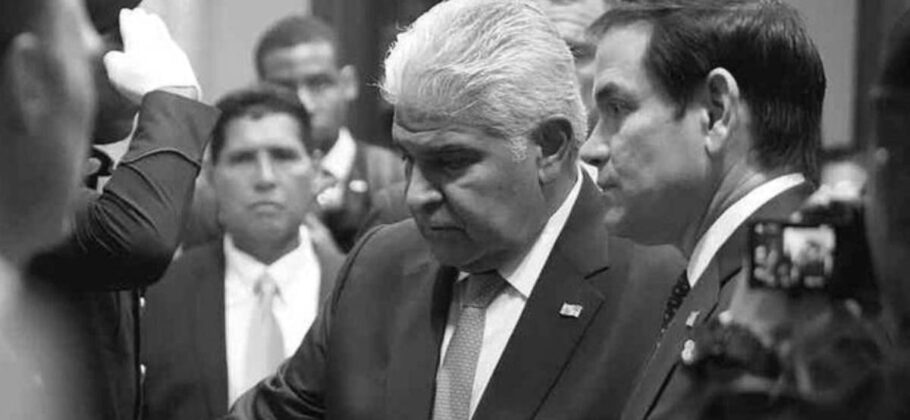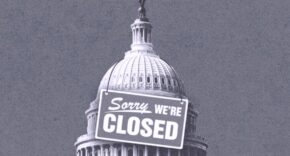A Shift in Panama’s Foreign Relations Panama has taken a decisive step to reduce China’s influence over the Panama Canal following diplomatic pressure from the United States. In a high-profile meeting with U.S. Secretary of State Marco Rubio, President José Raúl Mulino announced that his administration would not renew the 2017 agreement to participate in China’s Belt and Road Initiative. Instead, he pledged to strengthen economic and political ties with the U.S., a move that marks a significant shift in Panama’s foreign policy.
Trump and Rubio’s Push for Change Former President Donald Trump has repeatedly expressed concerns over China’s growing influence in the Panama Canal, claiming that Beijing effectively controls the vital waterway. He has argued that U.S. ships are being unfairly charged excessive fees and that China’s presence in the region poses a threat to American national security. Trump has even hinted at potential U.S. intervention, warning that his administration would take “powerful action” if necessary to regain control over the canal.
Rubio, during his visit to Panama, echoed these concerns and insisted that the U.S. would not tolerate China’s growing presence in the region. He emphasized that China’s involvement in port operations and infrastructure projects around the canal is a direct challenge to the U.S. and its interests. In response, House Republicans introduced the Panama Canal Repurchase Act, which would authorize negotiations for the U.S. to reclaim ownership of the canal.
Panama’s Response to U.S. Pressure While Mulino has agreed to review Chinese agreements and strengthen U.S. ties, he has firmly stated that Panama’s sovereignty over the canal is non-negotiable. “The canal belongs to Panama,” he reiterated, dismissing Trump’s claims that China directly controls the waterway.
However, Mulino has acknowledged concerns about Chinese business operations in Panama, particularly those of the Panama Ports Company, a subsidiary of Hong Kong-based CK Hutchison Holdings. His administration has initiated an audit of the company’s activities, signaling a potential shift in Panama’s economic policies.
The Broader Implications The Panama Canal remains one of the most strategically important waterways in the world, with approximately 72% of its traffic linked to U.S. ports. The dispute over China’s role in Panama is part of a broader geopolitical struggle between Washington and Beijing for influence in Latin America.
For Panama, the challenge lies in balancing its relationships with both global powers while maintaining economic stability. The country relies heavily on foreign investments, and severing ties with China could have economic repercussions. At the same time, maintaining strong relations with the U.S. is crucial, given its role as Panama’s largest trading partner.
Public Reaction and Potential Fallout Trump’s rhetoric about retaking control of the canal has sparked protests in Panama, with citizens expressing concerns about U.S. interference. Many Panamanians remember the long history of American control over the canal before its official handover in 1999 and are wary of any potential return to foreign influence.
Mulino has attempted to reassure both the public and international partners that Panama will maintain control over its own affairs. Still, the growing tension underscores the difficult diplomatic path ahead as Panama navigates its role between two competing superpowers.
Looking Ahead As diplomatic negotiations continue, Panama will have to carefully manage its commitments to both China and the U.S. Mulino’s promise to strengthen ties with Washington may open doors for increased American investment, but it could also lead to economic retaliation from Beijing.
Ultimately, the future of the Panama Canal will depend on how effectively Panama can assert its sovereignty while maintaining beneficial partnerships with both economic giants. The world will be watching closely as this geopolitical battle over one of the world’s most critical trade routes unfolds.
ACZ Editor: Mulino is smart for aquiescing to these demands, it makes as much sense as stepping out of the way of a speeding bus. Where negotiations go from here remains to be seen, but China will no longer have influence, and Panama will happily follow Trump’s lead from here out.











